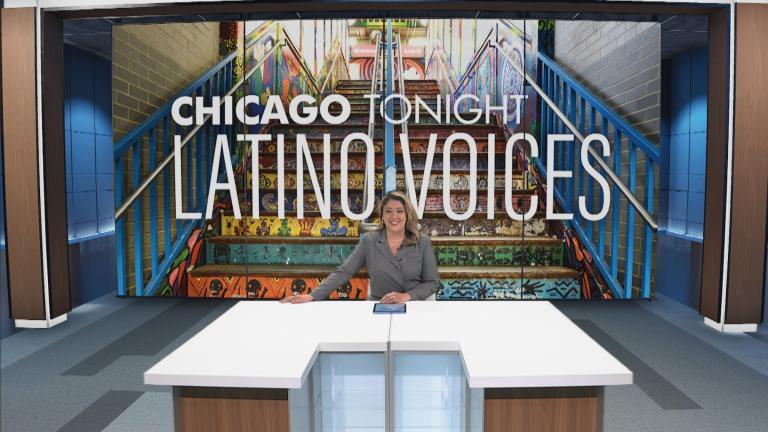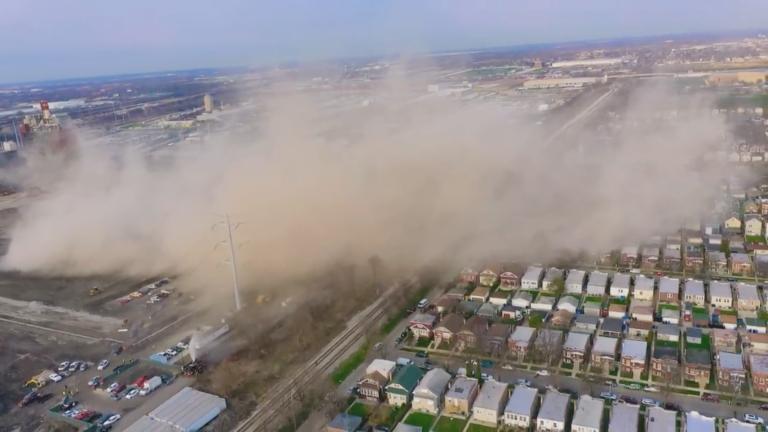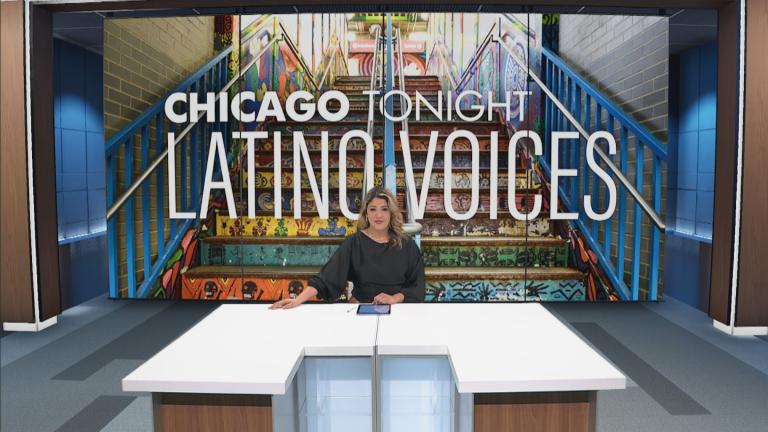A city report found 29% of Latinos in Chicago are experiencing food insecurity.
Not only do families struggle to access enough food, but finding nutritious foods to stay healthy can also be more difficult.
In an effort to address this issue, Illinois recently announced the New Stores in Food Deserts program, which will offer grants to help establish new grocery stores in USDA-defined food deserts.
Meanwhile, local grocery stores and organizations are already working to fill the gaps and educate Chicagoans about healthy eating.
Dr. Evelyn Figueroa is a professor of clinical, family and community medicine at the University of Illinois Chicago and the director of the Pilsen Food Pantry. She said having even one store with fresh foods can have a great impact on a community.
“People are really trying to stretch their dollars and buy what is healthy and what will give great nutrition and fuel to their families,” Figueroa said. “Oftentimes in food deserts, not only are the foods harder to find, but the freshness and the quality is different.”
Esther Sciammarella is executive director of the Chicago Hispanic Health Coalition, which encourages people to look at food as medicine. She said collaboration of health care and food providers can help support those who are food insecure.
“The pantries need to work together with the health care centers,” Sciammarella said. “And that way, the people get what they needed to feel more healthy, and not to be a revolving door with eating foods that are not adequate for them.”








